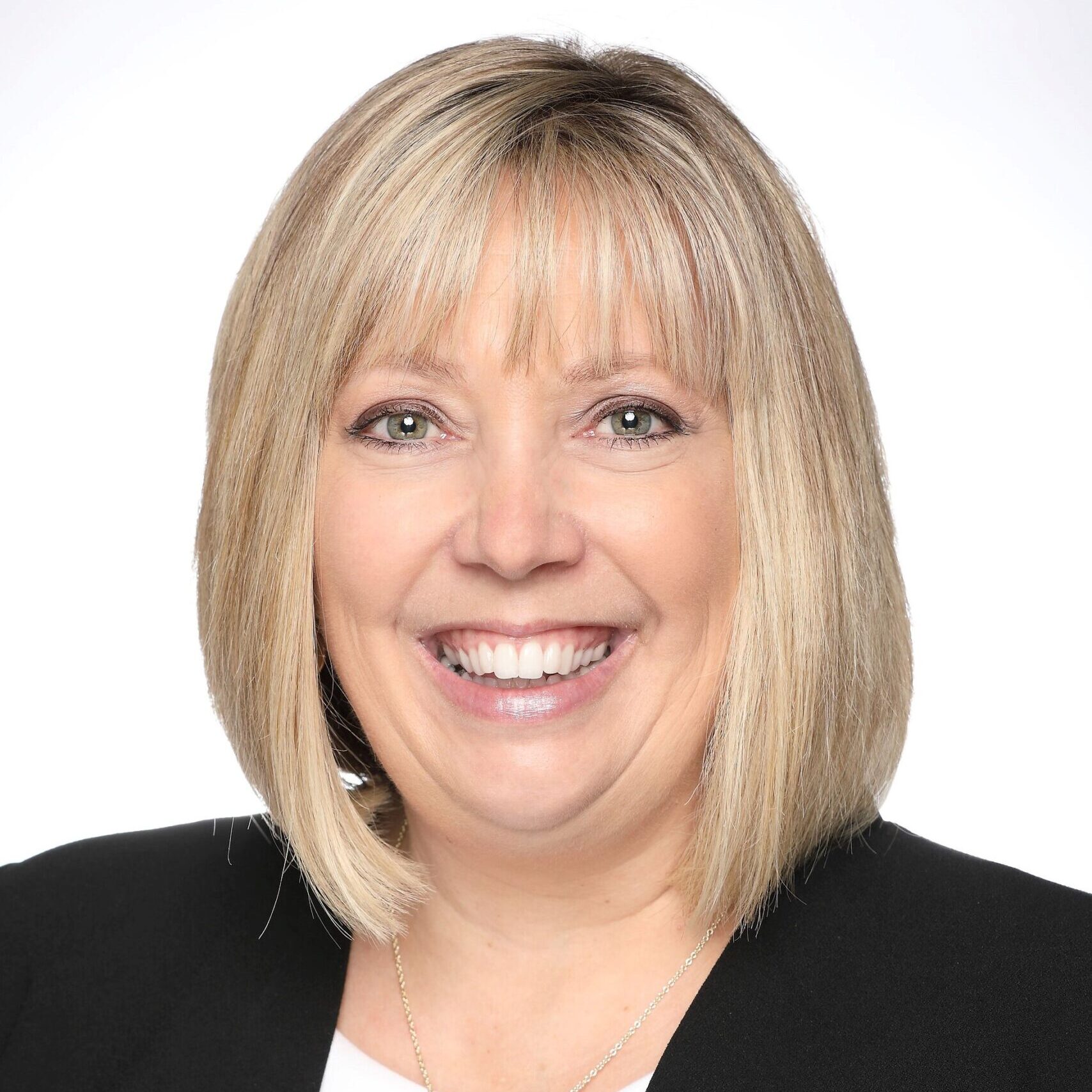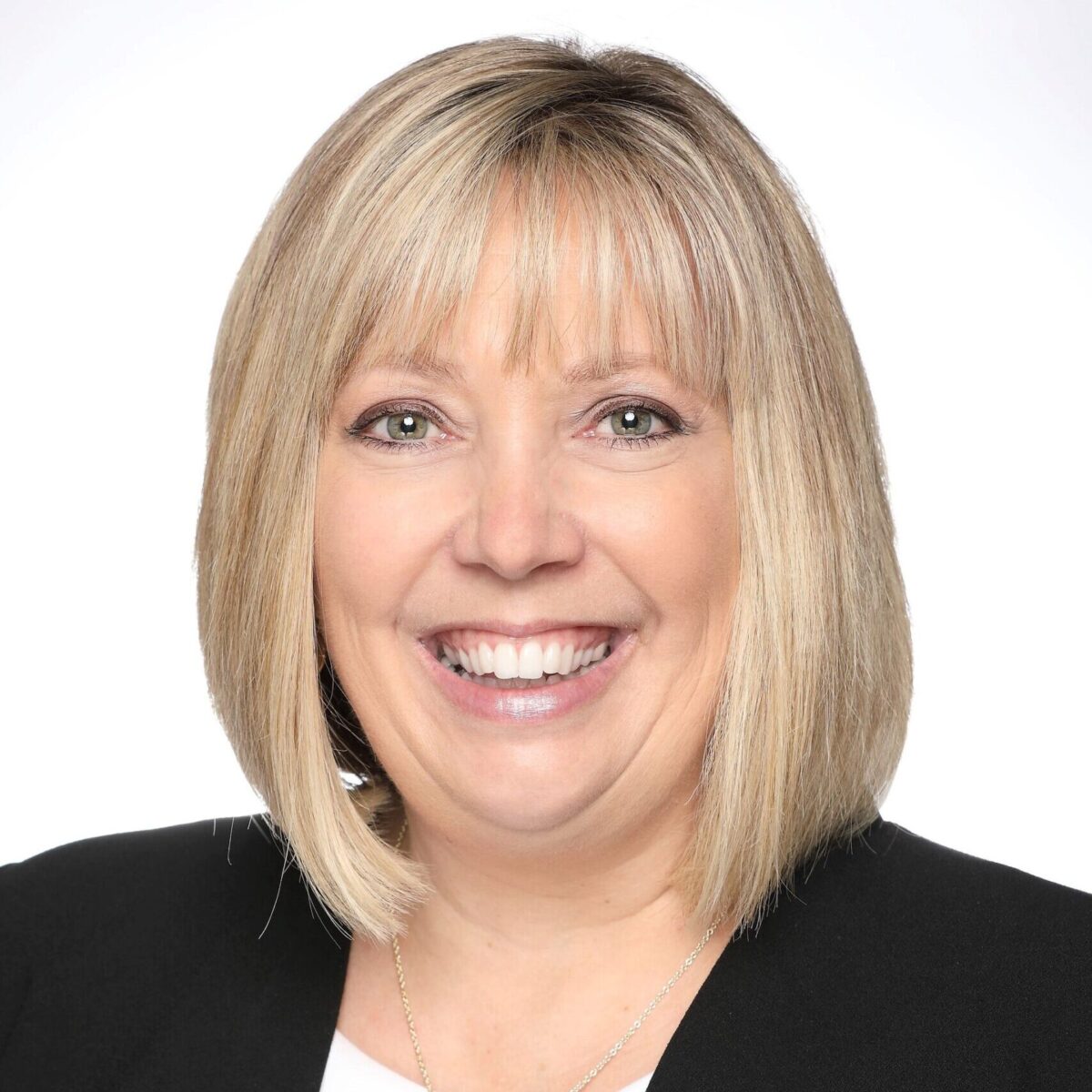Many people are familiar with Barilla, the company that manufactures and markets pasta, sauces and Italian bakery products in more than 100 countries. But while some job seekers were filling their pantries with Barilla products, they weren’t filling out the company’s job applications or even considering it a great place to work.
That was one of the challenges Laura Birk faced in 2013 when she was promoted from director of organizational capabilities to head of HR at Barilla. Since then, the company has more than tripled its workforce—from approximately 250 employees to 800. Likewise, employee turnover now sits at 12%, compared to the industry’s 47.2% rate last year, according to the Bureau of Labor Statistics.
For the last decade, Birk has had a front-row seat in strengthening the company’s employment brand and in-house capabilities to help accommodate and manage its growth. She recently talked with HRE about some of her successes, biggest challenges and areas for growth.
HRE: What was Barilla’s top HR priority throughout the last decade of mergers and acquisitions?
Birk: We have been growing and investing in plants and M&A deals. We made sure we were doing it right, that it was sustainable for the next generation. A lot of people capitalized on growing during COVID, and then you hear tragic stories of layoffs happening after that big growth.
Related: Josh Bersin: Let’s talk about layoffs and how to handle them
HRE: What were some things you did to build your employment brand?
Birk: Everyone knew [our] brand but people didn’t think of us as an employer. Our employee value proposition and employer branding in the market were very important to us. Everyone was reassessing what was important to them from an employee perspective. There were different angles like upskilling in a manufacturing environment [that we focused on].
HRE: And what about the impact of COVID?
Birk: We didn’t close either of our plants but had to change a lot of processes around keeping employees safe—everything from attendance policies to how we handle sick leave to scheduling. We had to throw [old processes] out of the window and figure out how could we safely get people to work who wanted to work but not have the big groups of people that we were used to having in the past. We did simple things like changing schedules from two main work schedules to 42 schedules for hourly employees in our plant. It really showed us that we could be more flexible than we might not have been without COVID. Flexibility in manufacturing is not too common. We pushed the boundaries a bit.

HRE: During the pandemic, what type of mental health assistance has been offered?
Birk: We did a lot of things around education. We did mental health training for our leaders. They talked in our town halls about their struggles, their kids’ struggles and shared how they were doing. Trying to figure this out together really took the pressure off people. We had no meetings in the afternoons so people could just think instead of going from meeting to meeting. All of those little things have really added up.
HRE: What is HR focusing on now?
Birk: Our emphasis is on flexibility, diversity and inclusion. Ten years ago, probably 20% of our employees were remote. Now, we’re at about 60%. We wanted to be super-flexible but it wasn’t quite hitting the mark. So, we decided to set up a core day—one day a week—where everyone comes in together. It’s when we have our town hall meetings, our trainings. We found some structure around flexibility creates balance for us. We found a way to have flexibility and high performance.
HRE: What skill gaps still exist in HR?
Birk: Learn how your company makes money. If you don’t have the business acumen, all the rest is just process and doesn’t matter. All of us still have to understand how to apply analytics or interpret data so we can make more informed business decisions. I have an accounting degree and know how to read a profit and loss statement. I understand the financials, which helps me be a better [HR] leader.
Related: 3 keys for tackling today’s talent challenges
HRE: What new skills do you want to develop?
Birk: I want to continue building my depth and understanding around how diversity really affects workplaces. Every day, I feel like I learn something new about D&I at work. For the last nine years, we earned a perfect score from Catalyst [a nonprofit that recognizes organizations for their DE&I initiatives]. I’m super proud of that. It speaks to our culture, why we’re a great place to work and why employees stay.
HRE: How do you plan on enhancing your own strengths or skills?
Birk: I want to do external board work [for small, private companies]. I feel like I’m a builder who can add value and bring more value back to Barilla.
The post How Barilla’s HR recipe serves up fast growth and low turnover appeared first on HR Executive.
